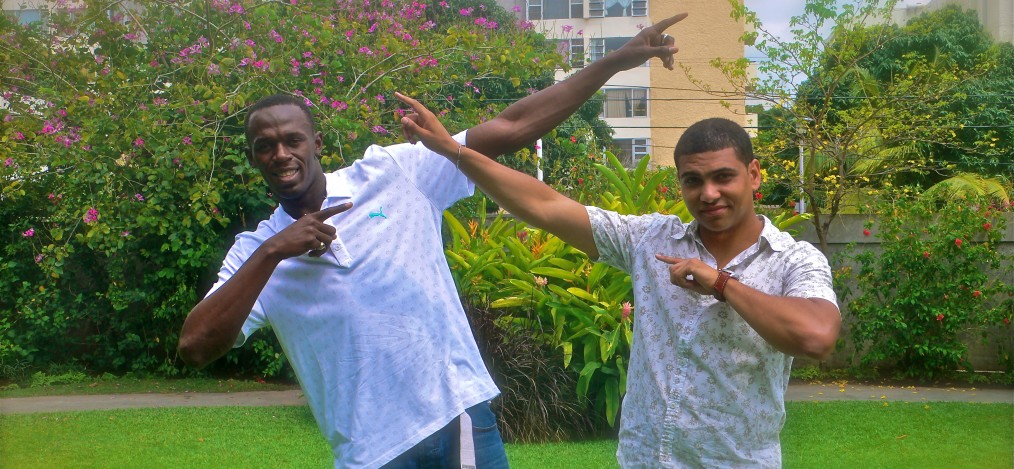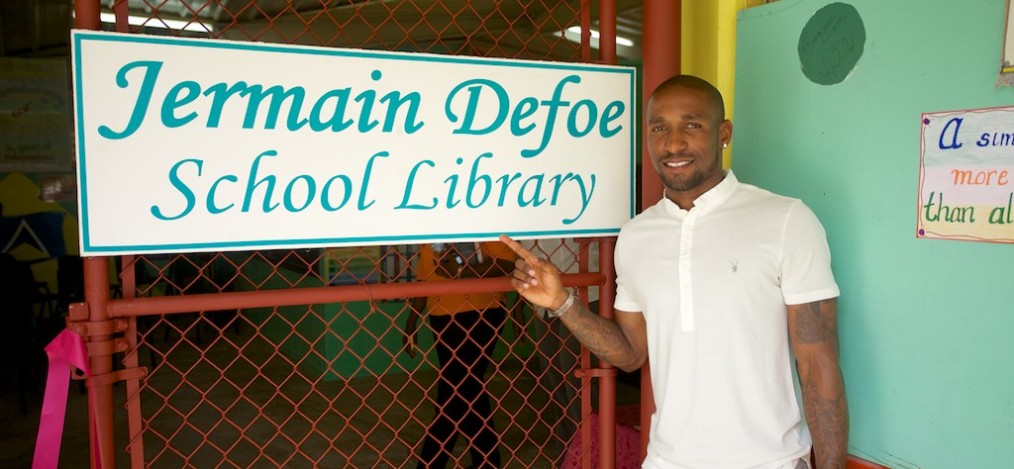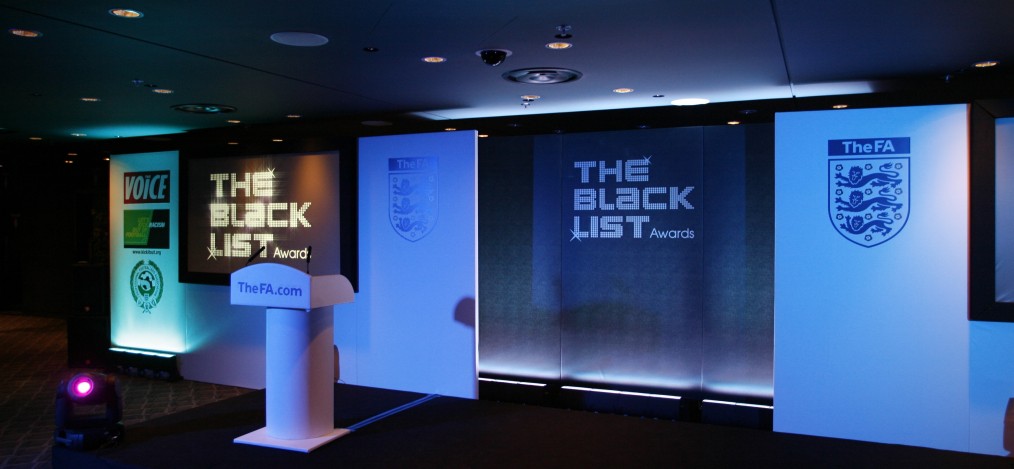Usain Bolt recently confirmed he will retire after the Rio Olympics in 2016 and I ain’t gonna lie my heart sank a little.
The news hardly came as a shock but the realization that one of the true legends of sport will soon no longer do his thing suddenly hit home.
I never saw Pele play football, Muhammad Ali in the ring or Michael Jordan dominate the basketball court – but I have seen Usain Bolt destroy the 100m and 200m when it mattered most.
I was there to see him break records at the Beijing Olympics in 2008, World Championships in Berlin a year later and then defend his titles at the London games in 2012. And I’ve got to know him along the way too.
As one of the few journalists to spend time a good amount of time with the global superstar – both on and off the track – while making two films about him for the BBC (‘The Fastest Man Who Has Ever Lived’ and ‘Can Anyone Beat Bolt?’) I’ve got to see the real Usain at fairly close quarters.
Given the – now ritual – pre race fooling around and elaborate victory celebrations you could easily assume the fastest man in the world is loud, cocky and possibly a bit arrogant. But trust me, that is very far from the truth.
The guy you see at that point is selling the brand. People like winners. People also tend to like folk who smile a lot, dance and appear to be enjoying a good time. This isn’t to suggest it is totally staged though. Bolt definitely likes to live it up! I’ve seen him on the dance floor – it’s a home from home for him. But delving a little deeper, through my extensive interviews and also just observing the big guy with his friends and family, I have found a very humble country boy from Jamaica.
Given his continued dominance on the track, maybe we should all be a bit bored with him by now. I will hold my hands up and say I wasn’t particularly buzzing about the prospect of Bolt versus the clock at the World Championships in Moscow this summer. However, yet again, I was up on my feet and totally captivated by his performances.
The guy is just ridiculously infectious. So I have decided that I’m going to enjoy his next, and final, three years. Sportspeople like him don’t come along very often.
– This column first appeared in The Voice Newspaper




